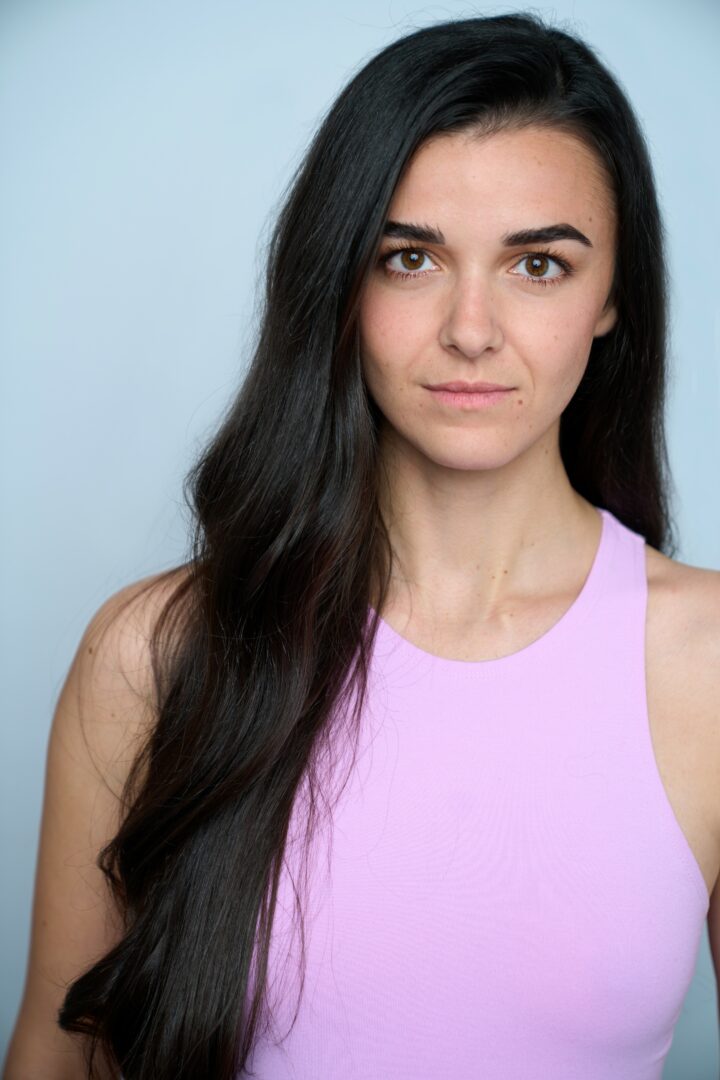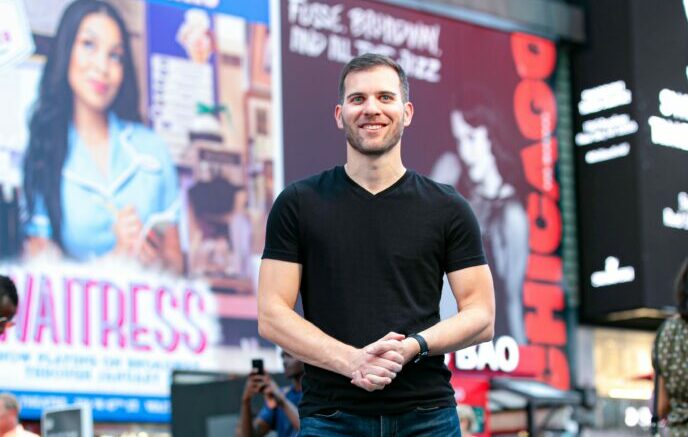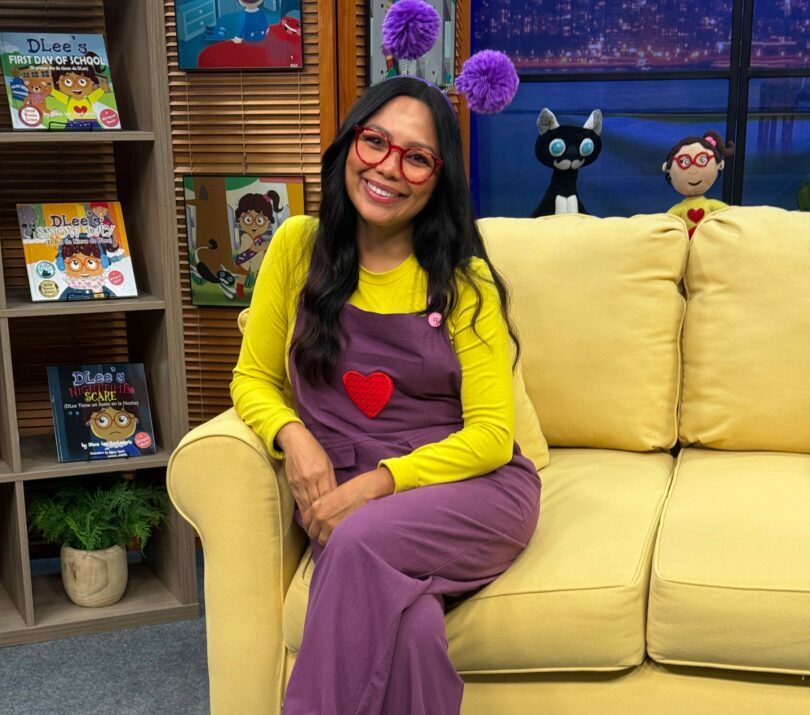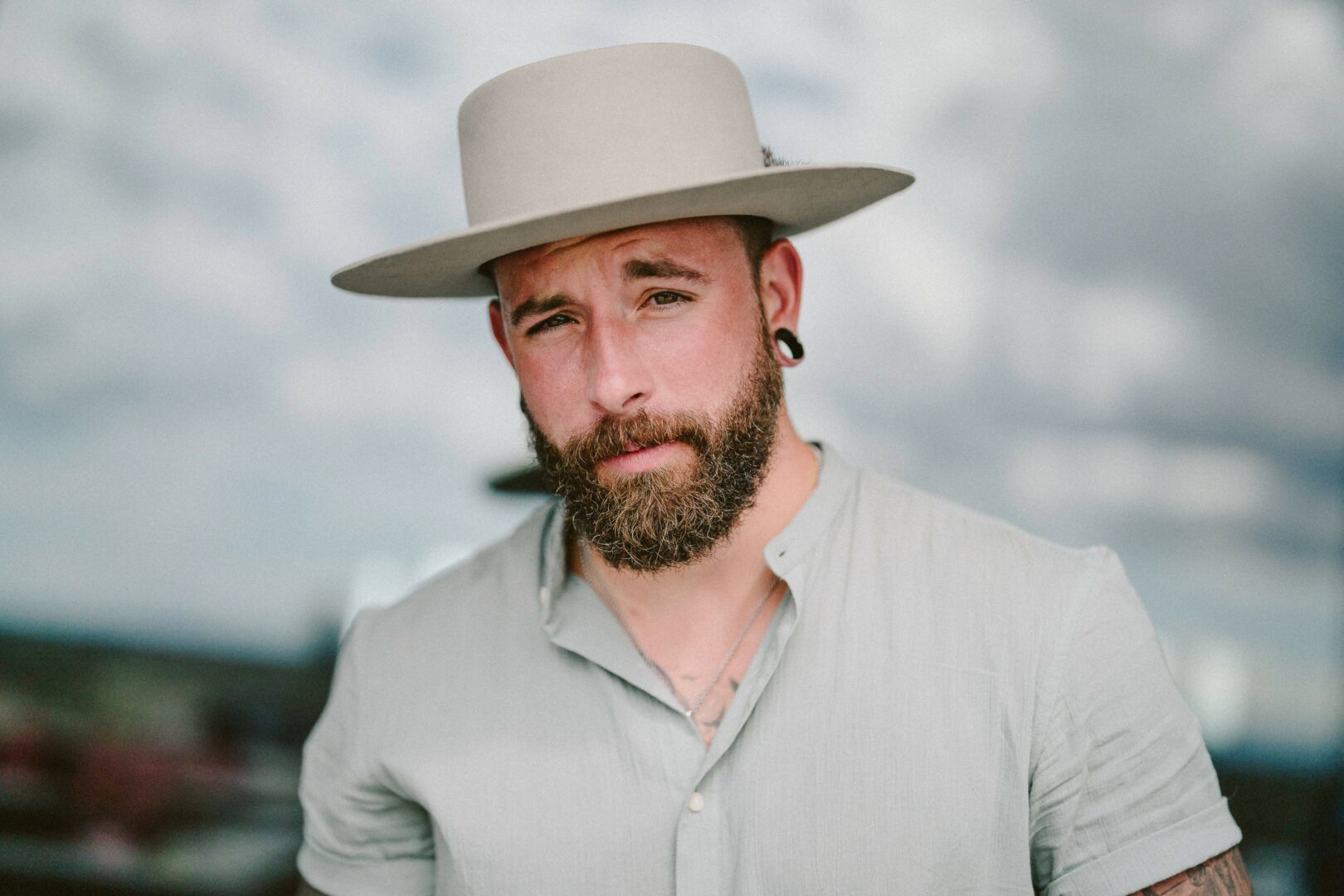Alright – so today we’ve got the honor of introducing you to Kendall Walker. We think you’ll enjoy our conversation, we’ve shared it below.
Kendall, first a big thank you for taking the time to share your thoughts and insights with us today. I’m sure many of our readers will benefit from your wisdom, and one of the areas where we think your insight might be most helpful is related to imposter syndrome. Imposter syndrome is holding so many people back from reaching their true and highest potential and so we’d love to hear about your journey and how you overcame imposter syndrome.
I kind of didn’t. Or, I should say, I’m still working on it. Imposter syndrome is such a funny thing, because the concept of it implies that the person experiencing it knows that it is an unfair, untrue, or self-sabotaging phenomenon; so, recognizing that you have imposter syndrome indicates that you know you are not actually an imposter, you just feel like you are. Whether it’s teaching college classes to students not too much younger than myself, acting in or directing a show, running events for people who have more lived experience than I do, or even just doing things that I know I am capable of like taking care of my dog or hanging out socially with friends–there is always a “fake it til you make it” loop running through my brain. What has helped me manage imposter syndrome is reminding myself that so many other people surrounding me are feeling it too. We all feel it at some time or another because we want to succeed and make ourselves/others proud, which certainly isn’t a bad thing.
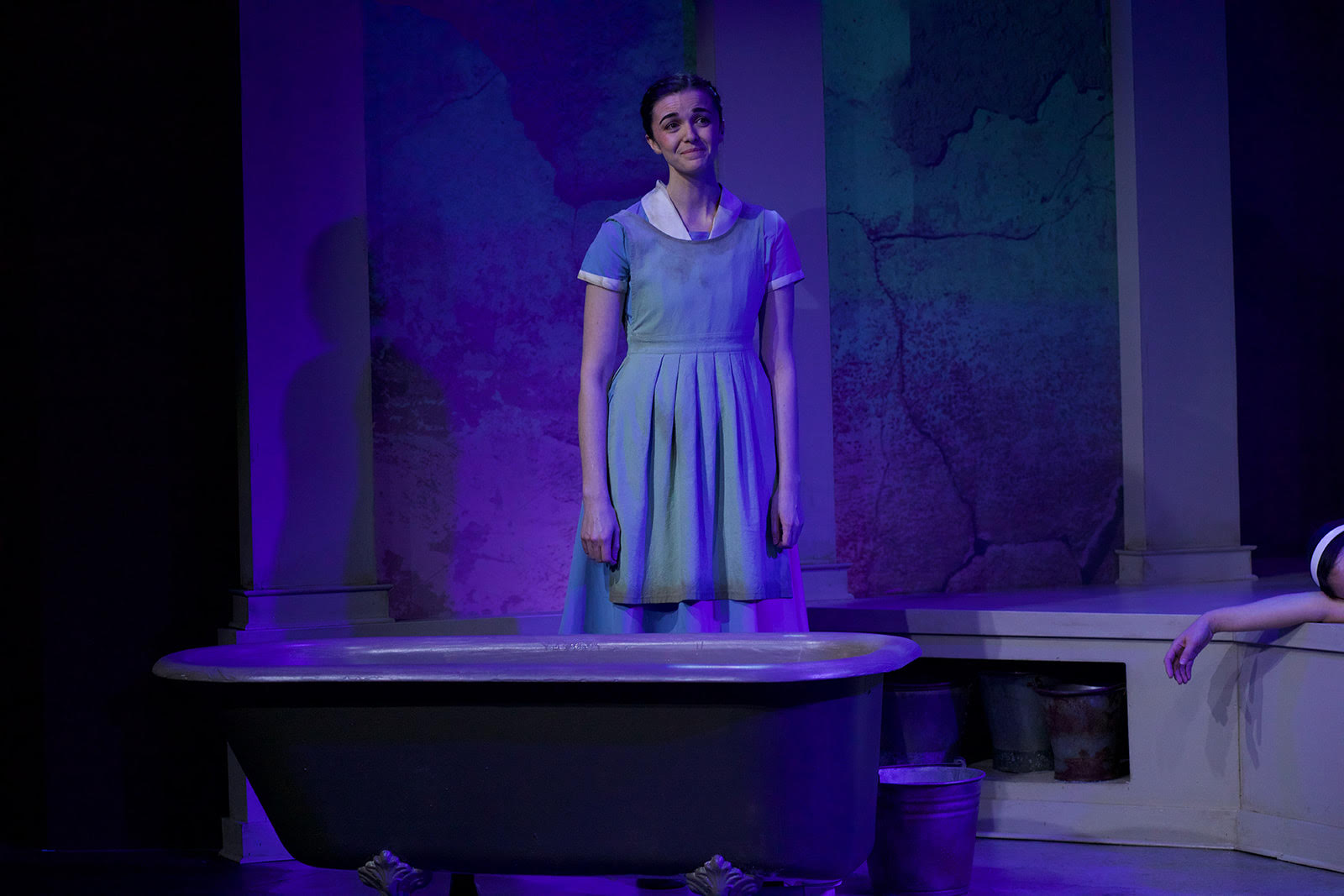
Let’s take a small detour – maybe you can share a bit about yourself before we dive back into some of the other questions we had for you?
Working in the fields of academia, performing arts, advocacy and non-profits, I wear many hats of different styles depending on the day. I teach Movement for the Actor at Virginia Commonwealth University in the theatre department, which excites me because I have such a passion for the academic side of theatre and training students at such a formative age. I also work as the Community Engagement Manager at Richmond Triangle Players, the premiere East Coast LGBTQIA+ non-profit Theater; as CEM I work with our community partners, organize fundraisers and special events, work with our board and our fabulous donors, coordinate our volunteers, and bring in different advocacy groups for open panels and discussions about important issues in our theatrical community. Among all of that I also act, direct, and work as a dramaturg for regional theaters in Richmond, which is important to me not only for the soul-feeding aspect of loving performing and leading productions behind the scenes/onstage, but it allows for practical application of what I teach to my students every day. What I want you to know is that Richmond, Virginia, is a vibrant artistic community and deserves all of the attention in the world.
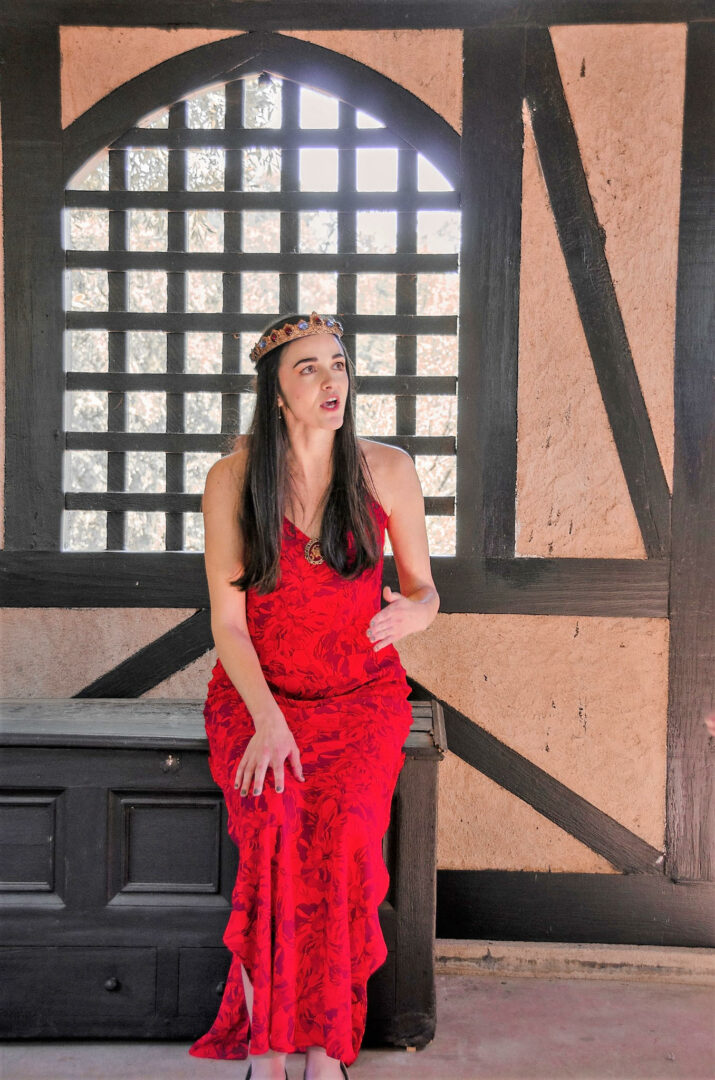
There is so much advice out there about all the different skills and qualities folks need to develop in order to succeed in today’s highly competitive environment and often it can feel overwhelming. So, if we had to break it down to just the three that matter most, which three skills or qualities would you focus on?
1. Kindness. I always lead with grace, and I have found it to be the most beneficial thing in all of my career endeavors. It’s so easy to be kind and people recognize it and appreciate it immediately.
2. Not being afraid to fail. I always tell my students that the key to learning is to fail, fail again, and fail better. Not being afraid to fail isn’t a weakness, it’s the power to know that “failure” is subjective, and can only lead to growth.
3. Respecting your art. My father raised me on this mantra, and while it is simple in its definition, it is so important. Respecting your art means that whatever it is that you’re passionate about–whether it’s business, performance, a sport, a hobby, or a career goal–you must respect it and yourself by putting in all of the work and energy that it requires to do it justice.
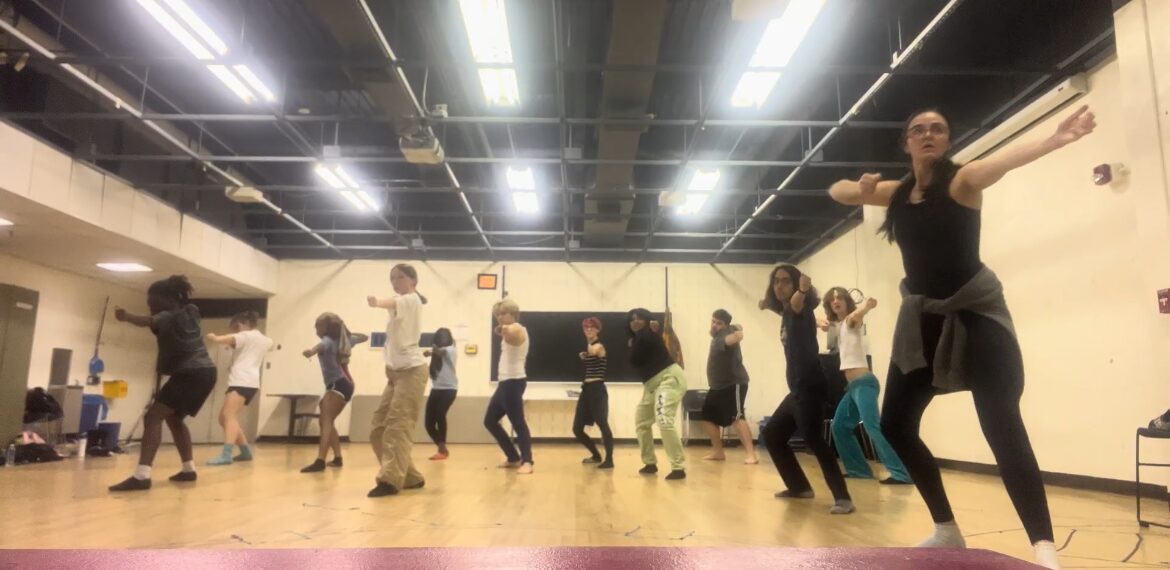
What would you advise – going all in on your strengths or investing on areas where you aren’t as strong to be more well-rounded?
When I first moved to Richmond for graduate school, pursuing my MFA in theatre performance & pedagogy, I defined myself as a hopeful professor and actor. I was presented with the opportunity to co-direct a 7-hour 2-part play called “The Inheritance” by Matthew Lopez. I had no experience directing and was terrified. At the time, I was saying yes to any opportunity presented to me and this was the first time where my fear of inexperience almost led me to saying no, but I felt this little thing in my gut telling me that I would regret not doing it. I am so glad that I listened to that gut instinct. That experience was the most challenging thing I’d ever done at that point, and it led me to my graduate thesis subject, my next dozen jobs, notoriety within my community, and I actually met the love of my life through that project. With blind ambition I just dove in full force and gave it my all. I learned so much along the way and it is easily the most formative theatrical experience I’ve ever been a part of. So, I would say that it’s better to go all in on our strengths BY investing effort in areas you may not think you’re as strong in, because it leads you to discover what you can do. I had no idea I had a skill for directing, leading a group of actors, making huge creative decisions, and I would never have known I had that ability if I hadn’t invested effort into the thing that I didn’t know I had strength in.
Contact Info:
- Website: https://rtriangle.org
- Instagram: kendallwalks
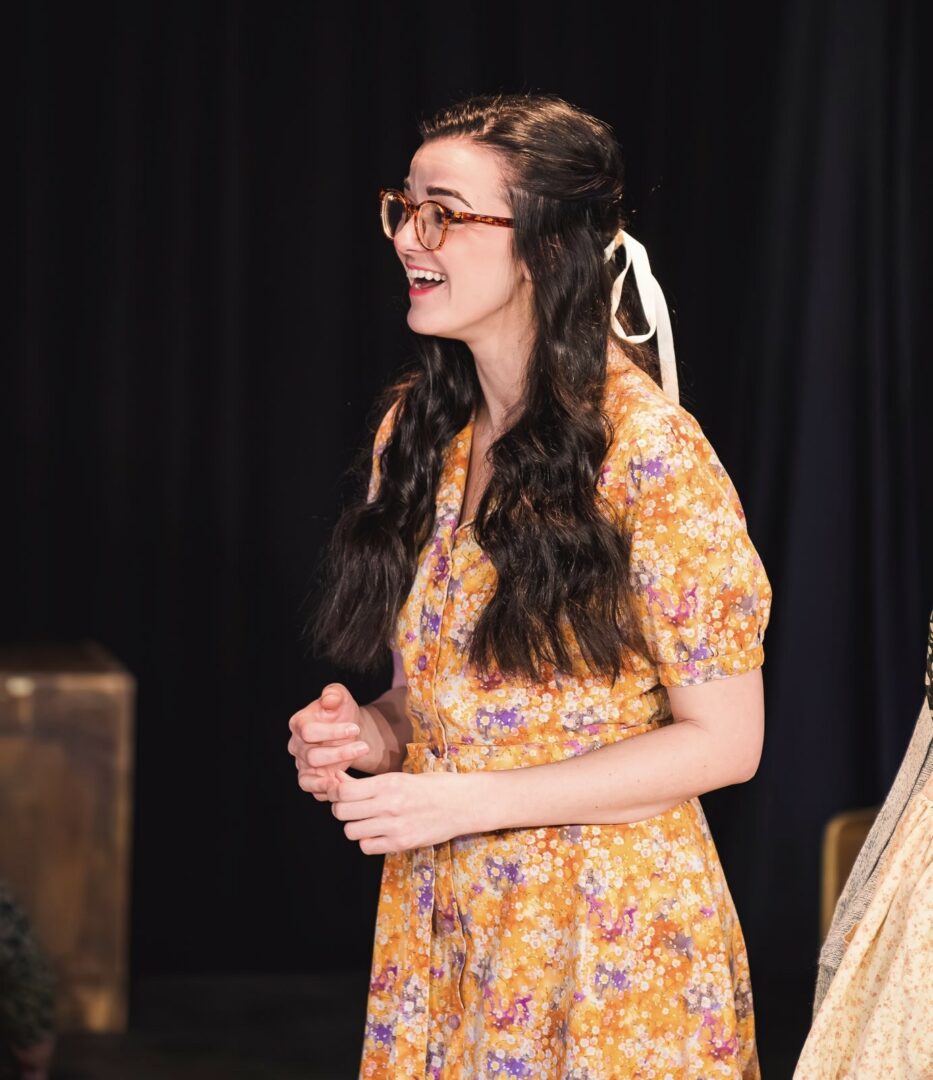
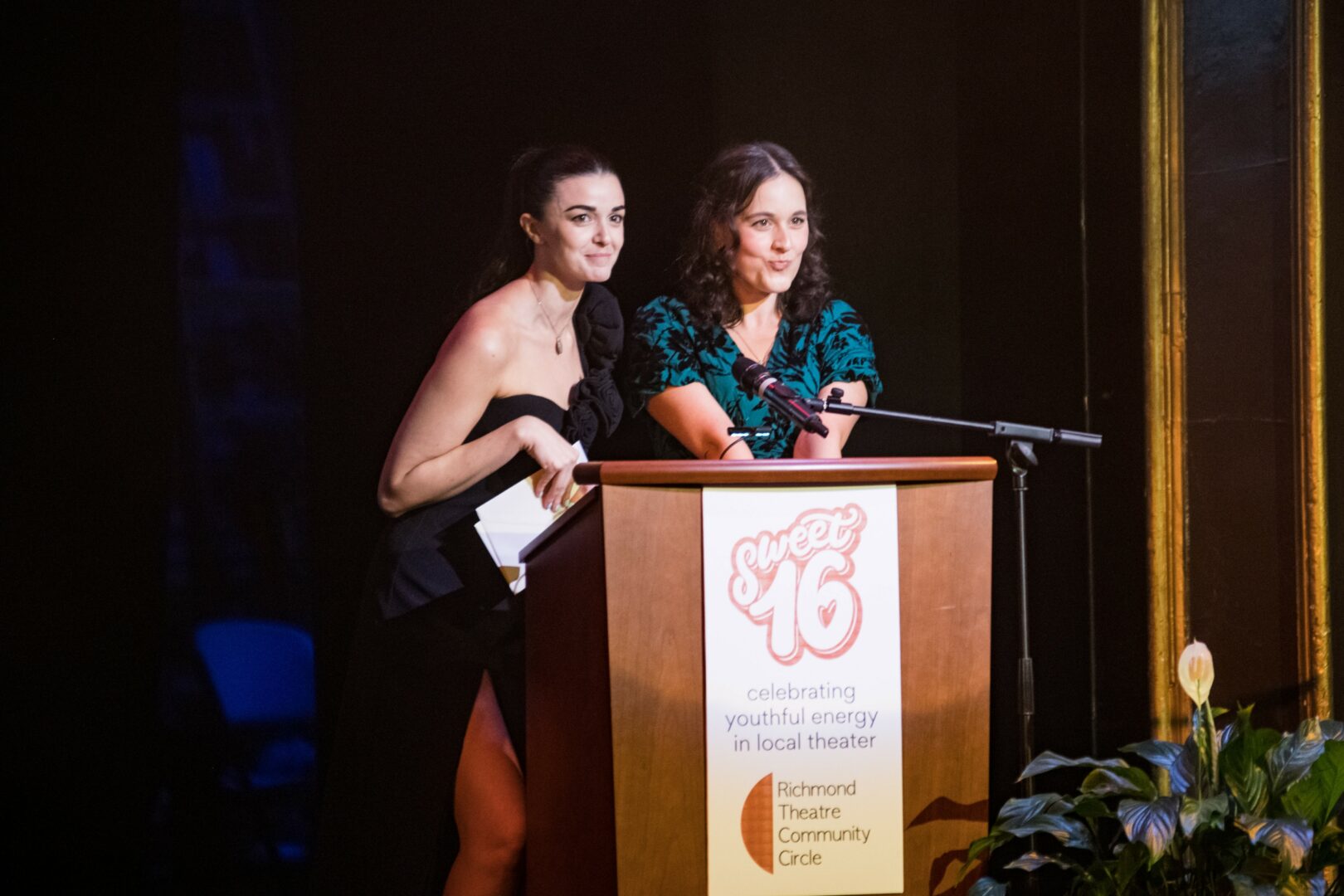
Image Credits
Production photos by Destiny Martinez
so if you or someone you know deserves recognition please let us know here.

